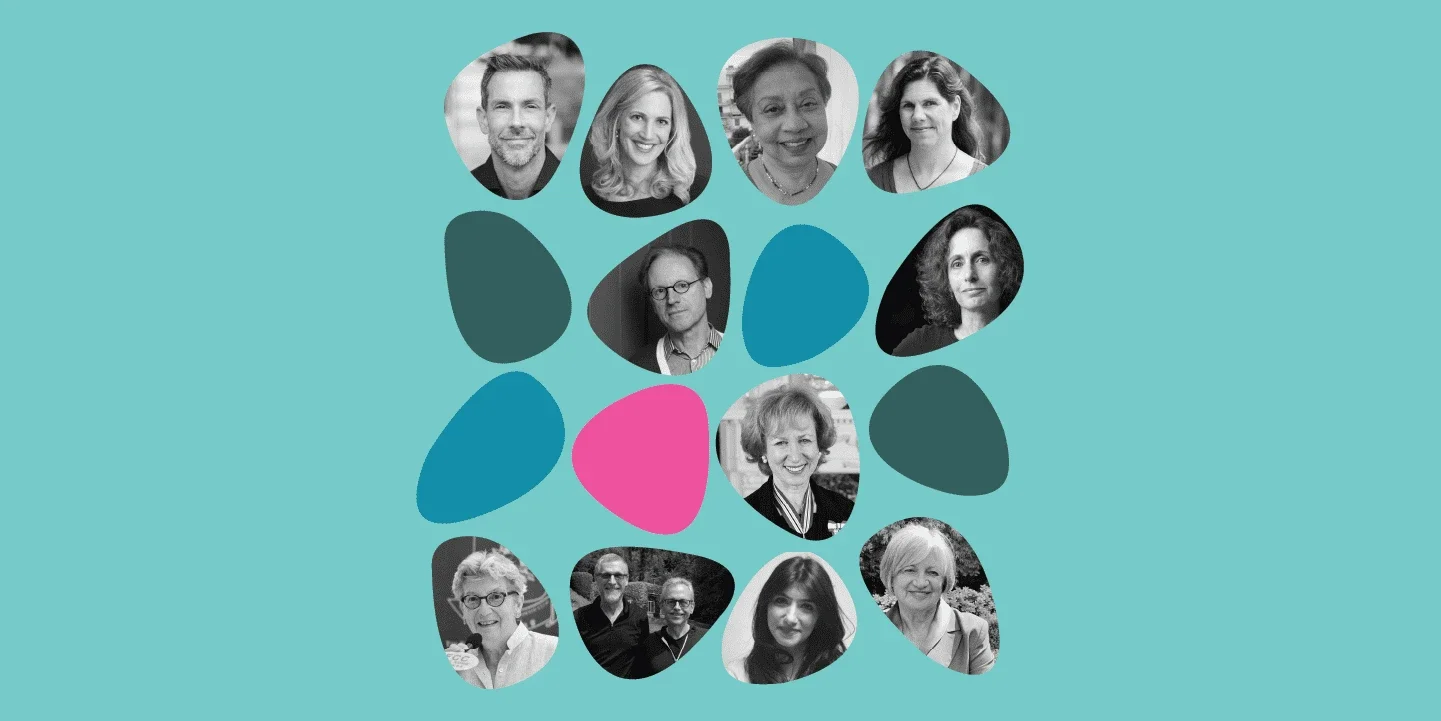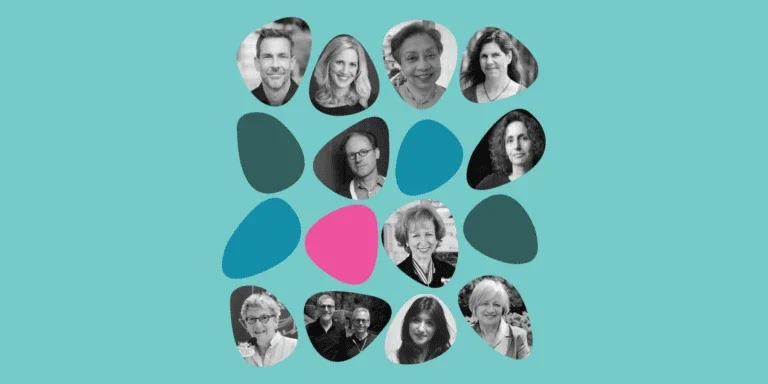We need change to address the climate crisis, and the only way in history that has ever happened – with the scale and speed that the science says is necessary – is through mass mobilization and movements led by organizers in areas where the harms are most directly experienced.
Katie Redford
What breakthroughs need to happen for us to both avoid the worst impacts of climate change and prepare communities to adapt to the new challenges that will arise?
Power has to be shifted in a really radical way. We have to go to the root of the problem – we’re talking about transformation, not tweaking. From a community organizing perspective, the folks on the ground are the ones who are hit first and worst by environmental injustice and fossil fuel expansion, but they don’t get to call the shots. Power must be transferred to them. Equation Campaign funds strategies that center their expertise, and shifts power, decision-making and resources to them.
Our new legal strategies are not just about confronting the power of the fossil fuel industry but actually leveraging the power and expertise of these communities too. And these efforts must be supported from a narrative perspective: it’s not enough to win only in court, we must also win in the court of public opinion. Equation Campaign therefore also funds media efforts that expose industry fraud, greenwashing and false solutions, while also telling a different climate story – a human story.
The strategy up until today, if you look at what’s being funded, has been about getting the very best science, white papers and data, and presenting them to those in power with the hope that they’ll do the right thing. But that’s not enough. What we need, and what works, is real people telling their stories: “my sisters are buried here,” “my kid has asthma,” “I don’t want poisoned water next to my child’s school.” These stories are shifting things already. And it’s completely under the radar of climate strategy, which tends to look for scientific, technical, or market-based solutions.
Legal efforts like youth constitutional cases and climate liability cases that I worked on are inspiring and important. And as a lawyer, I still believe that the arc of history swings towards justice, but unfortunately it can’t swing fast enough to address the injustice of the climate crisis in the time that science demands. And the remedies available – money damages for past harms, state-level emissions considerations – do not match the scale of the crisis.
Instead, we need rapid and transformational change to address the climate crisis, and the only way in history that has ever happened – with the scale and speed that the science says is necessary – is through mass mobilization and movements led by organizers in areas where the harms are most directly experienced.
“The frontlines will never lose, because the frontlines will never give up.” That keeps me hopeful – fighting for yourself, your family, your home, or whatever you hold sacred and love is an incredibly powerful thing.
Katie Redford
What keeps you up at night about achieving these goals? What makes you optimistic?
There are David and Goliath battles happening everyday. [Tennessee House Representative and Equation Campaign board member] Justin J. Pearson has this great quote: “The frontlines will never lose, because the frontlines will never give up.” That keeps me hopeful – fighting for yourself, your family, your home, or whatever you hold sacred and love is an incredibly powerful thing.
What keeps me up at night, though, is losing. The flipside of fighting for what you love is that you can lose what you love, and that’s devastating. More and more people – sadly, as the front line becomes all of us – are gonna be fighting for what we love.
We have a guiding principle for who we strategize with and who we fund: Can you sense fierce love in the way they talk about the problem? Because if we could solve the climate crisis with only our strategic minds, we would have by now. We don’t need yet another dataset or white paper or powerpoint presentation. No, it’s the fierce love, the fighting as if it’s a matter of life and death for something you care about with every ounce of your being, that is what it’s going to take. We’re done with tweaking around the edges.
Learn more: Find out more about the Equation Campaign, and The Revolution Will Not Be Litigated. Watch the Equation Campaign video, “Funding Movements on the Ground to Keep Fossil Fuels in the Ground, or sign up for the Equation Campaign newsletter, including the publication Dispatches from the Frontlines.
Read Katie’s contribution to Inside Philanthropy, “Philanthropy Should Help Close Climate Justice Gaps in Inflation Reduction Act.”

